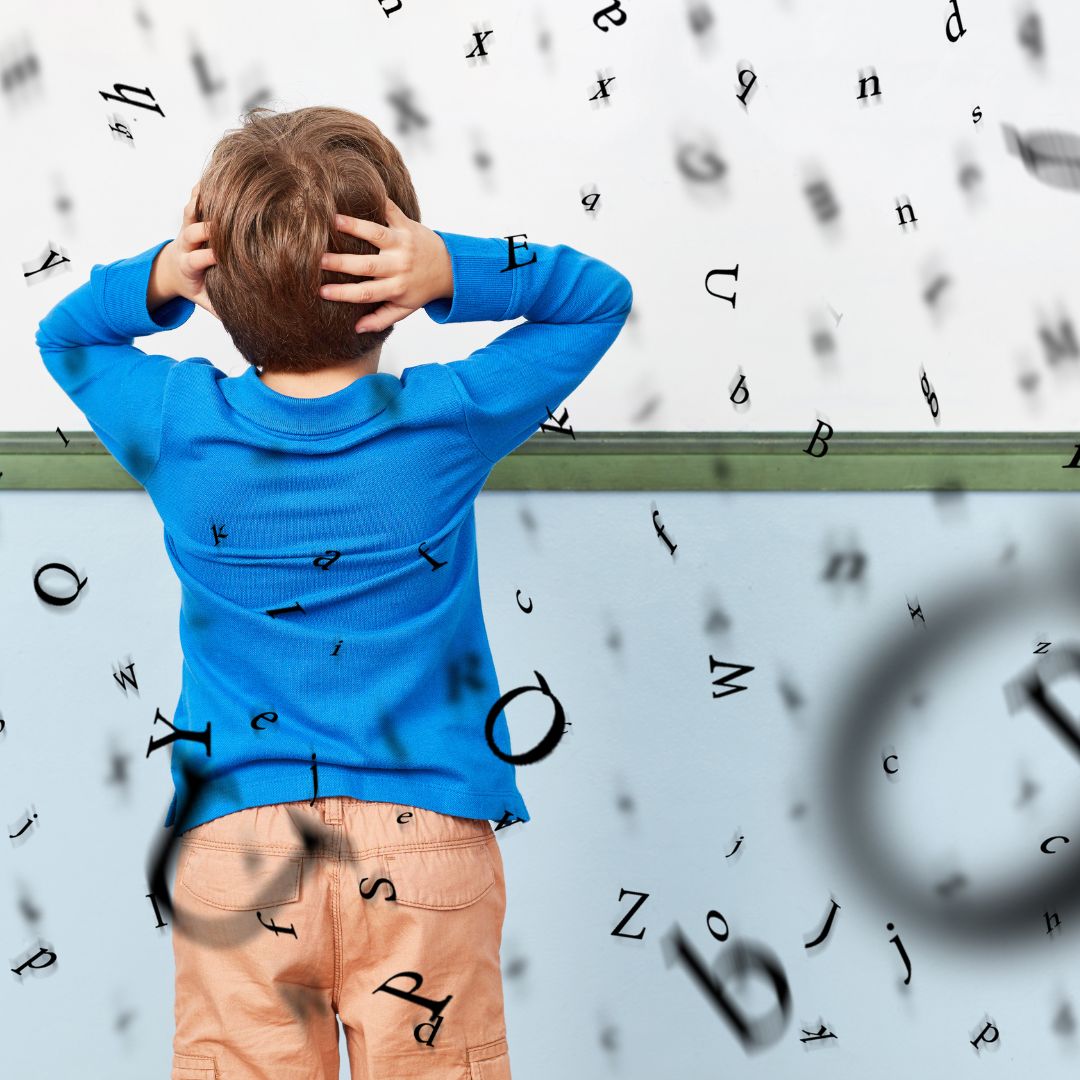Perhaps you’ve noticed your Kindergartener or first-grader reverse letters and numbers as they write. Maybe you’ve heard your second or third grader consistently struggle to read out loud. Or it may be that you’ve witnessed your elementary schooler face difficulties in reading fluency, spelling, or getting their thoughts out on a page. Which of these are “normal” parts of learning to read and which signs indicate a child may need additional help? What do parents need to know about the reading process and what should they do if they suspect their child is experiencing atypical reading challenges?
3 min read
Spice Up Summer Reading
By Worthington Christian School on May 12, 2022 8:00 PM
It may sound ironic, but the summer months are some of the most important in the school year. You read that correctly: the summer months play a vital role in a student's academic momentum and growth. According to data collected in 2020 through the MAP Growth assessments, students in 3rd to 5th grade lose an average of 20 percent of their school-year gains in reading over the summer months. Young elementary students are also, and perhaps even more so, at risk of suffering the "summer slide" because they are earlier in the development of their academic skills.
3 min read
Reading on Screens
By Worthington Christian School on Feb 17, 2022 8:34 PM
I might be the odd one out, but I hate reading on screens. Whether it's an article, a long PDF, a journal article, a short news piece, or a full-length book--I just don't like taking in important information or even reading for leisure on a screen. I've tried reading on my phone, a tablet, a digital/e-reader, laptop, and large desktop monitor, and they all seem to fall short of paper-based reading. Not only do I like the feel of holding paper or a book as I read, I also sense that something different is happening in my brain. I tend to skim and miss information when I read from screens, and I can tell that my brain assigns greater value (mental energy, focus, etc.) to paper-based reading.
/Logos/Horizontal%20Academic%20Logo%20for%20Light%20Backgrounds.png)
/Logos/Horizontal%20Academic%20Logo%20for%20Dark%20Backgrounds.png)



